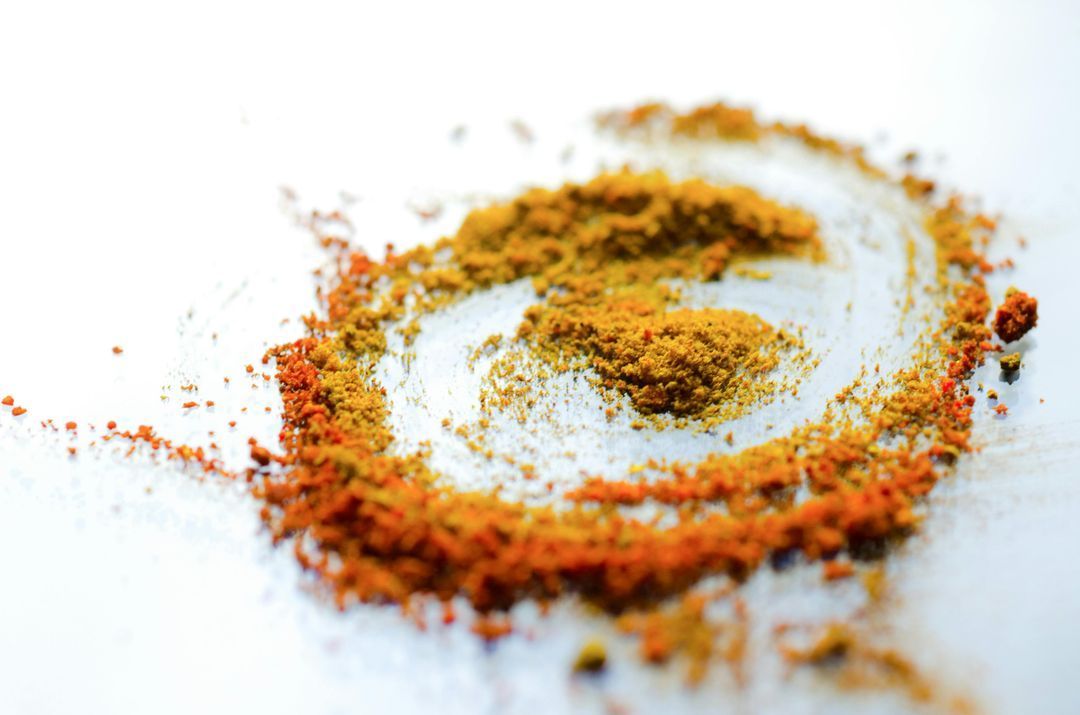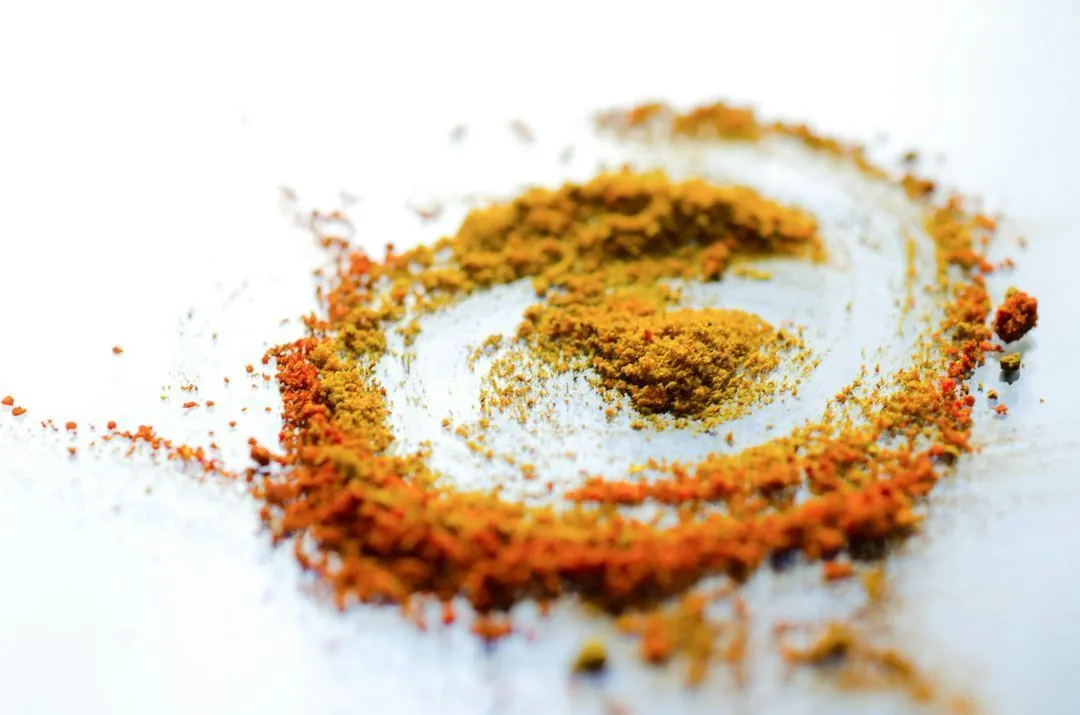Spices: culture, digestion, and health. Why do some cuisines use so many of them?

When traveling or experiencing ethnic cuisine, you may encounter dishes bursting with intense aromas, colorful spices, and penetrating scents. Think of Indian curry, Moroccan ras el hanout, or Ethiopian berbere: an explosion of flavor that excites some, and causes digestive discomfort in others.
But why do some cultures use so many spices while others, like the Italian one, are more parsimonious?
And, above all, are spices good for your health?
#spices #ethnic cuisine #healthy eating #wellbeing #digestion #beneficialspices
A question of climate, history and culture
Differences in spice use are not so much due to genetics as to environmental, historical and cultural factors .
In hot, humid regions of the world (such as India, Southeast Asia, and North Africa), the use of spices has practical as well as gastronomic origins. Some spices—such as garlic, onion, turmeric, and chili pepper—have antimicrobial properties that help preserve foods better and protect them from bacterial contamination, a more significant problem in tropical climates.
In Italy and much of Europe, the more temperate climate, the use of preservation techniques such as drying, salting or smoking, and the availability of fresh ingredients have favored the development of a cuisine based on aromatic herbs (basil, rosemary, sage), extra virgin olive oil , cheeses and seasonal raw materials , rather than on complex mixtures of spices.
Habit and adaptation

Those who grow up in an environment where spicy or spicy foods are regularly consumed develop a sensory and digestive tolerance . The body gets used to it: the digestive system produces more enzymes and the taste receptors become desensitized, making the food less strong on the palate.
On the contrary, for those who are not used to it, the sudden introduction of many spices can cause heartburn, bloating or digestive discomfort , not due to a real intolerance, but due to a failure of the digestive system to adapt .
The best spices for your health

Numerous scientific studies have shown that many spices, in addition to their flavor, have significant health benefits . Here are some of the most interesting:
🌱 Turmeric
It contains curcumin , a substance with anti-inflammatory and antioxidant properties and potentially protective against some neurodegenerative diseases . It is best absorbed in the presence of fats and black pepper , which increase its bioavailability.
🌶️ Chili pepper
Thanks to capsaicin , it stimulates metabolism, has a vasodilatory effect, and can help reduce chronic pain . Caution, however: it can worsen symptoms in people with gastritis or irritable bowel syndrome.
🌿 Ginger
Its an effective digestive aid , reduces nausea and bloating, and has anti-inflammatory properties. Its also useful for those who suffer from motion sickness or for pregnant women (always consult a doctor first).
🌾 Cinnamon
It can help regulate blood sugar levels and has antibacterial and antioxidant effects. Ceylon cinnamon is preferable to Cassia cinnamon (which contains more coumarin, potentially hepatotoxic in high doses).
🌿 Cumin and coriander
Often used together, they aid digestion and have carminative properties (i.e., they reduce intestinal gas). They are among the most widely used spices in Ayurvedic medicine.
🌿 Cloves
Powerful antioxidants, they contain eugenol, a substance with anesthetic and antimicrobial properties . They can also be useful for bad breath.
Conclusion: a question of balance
The use of spices is much more than a fad: it is the fruit of thousands of years of adaptation, traditional medicine and culinary culture .
There is no “right” or “wrong” cuisine: there is a balance between tradition, habit, and personal well-being.
For those who live in Italy and want to experiment, the advice is to introduce spices gradually , listening to your bodys reactions.
Theres no need to turn every dish into a curry, but neither should you be afraid of cumin or paprika: health is often also about new flavors.

flavio_campaniolo
Data di inserimento 03 giu 2025
Report article


Comments
There are no comments yet.